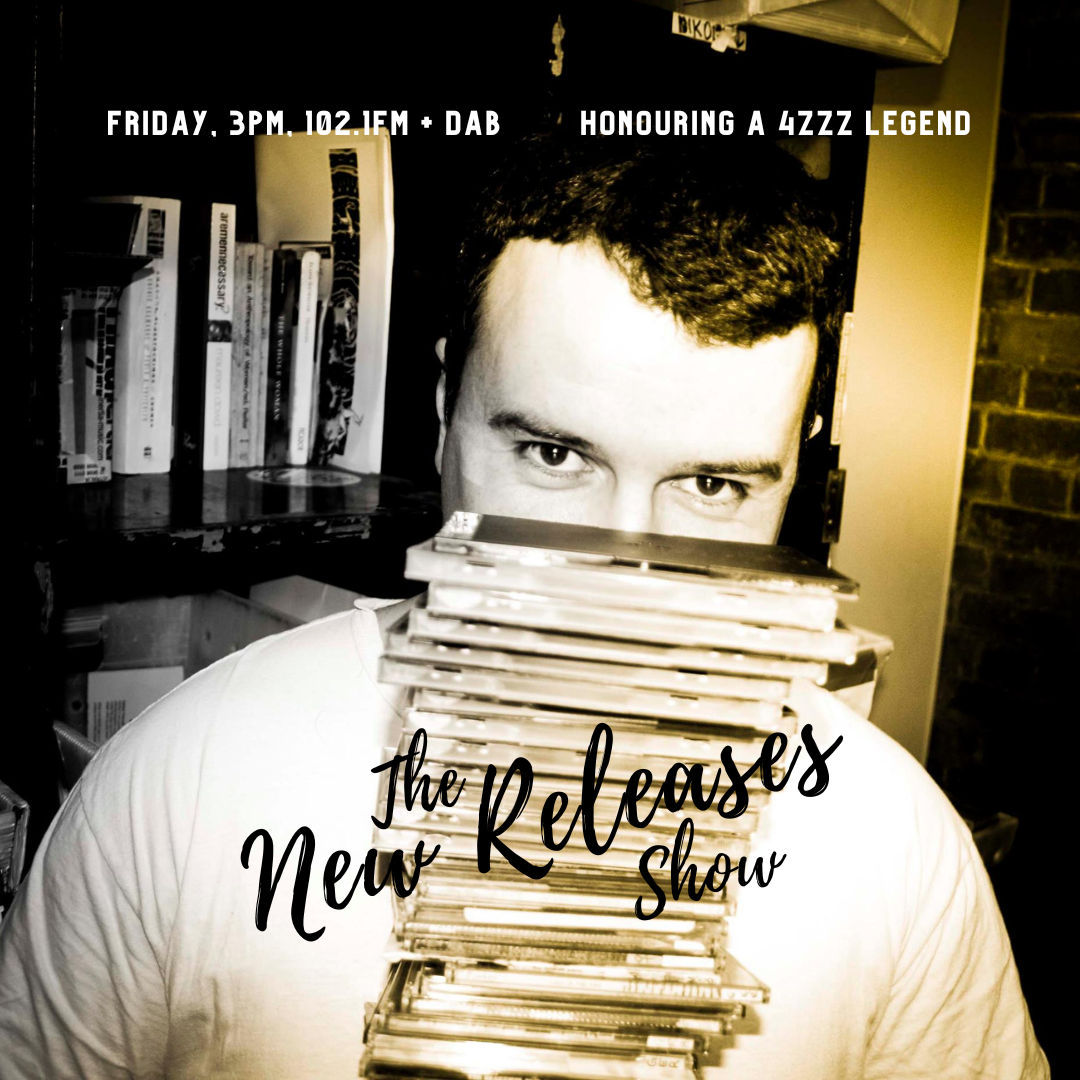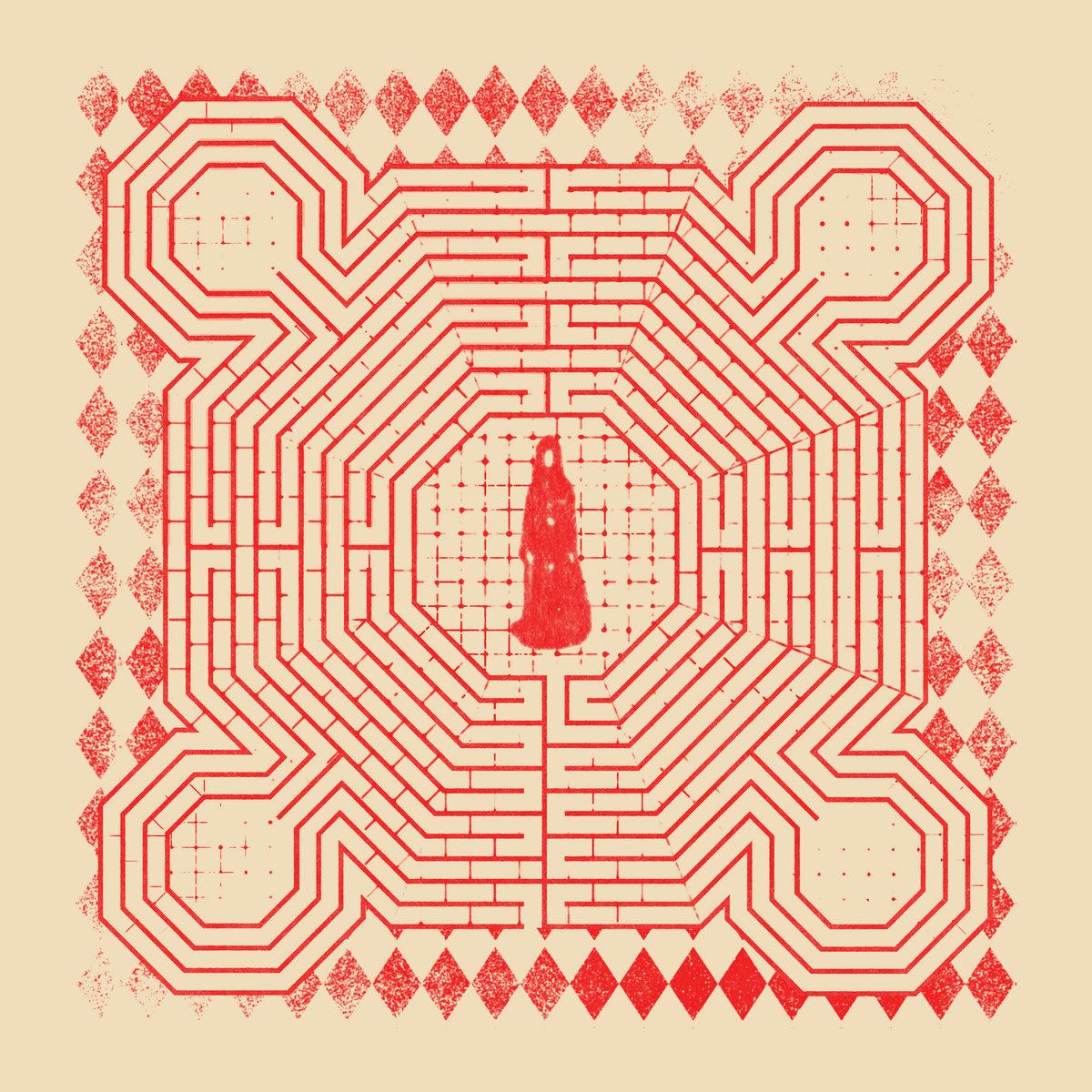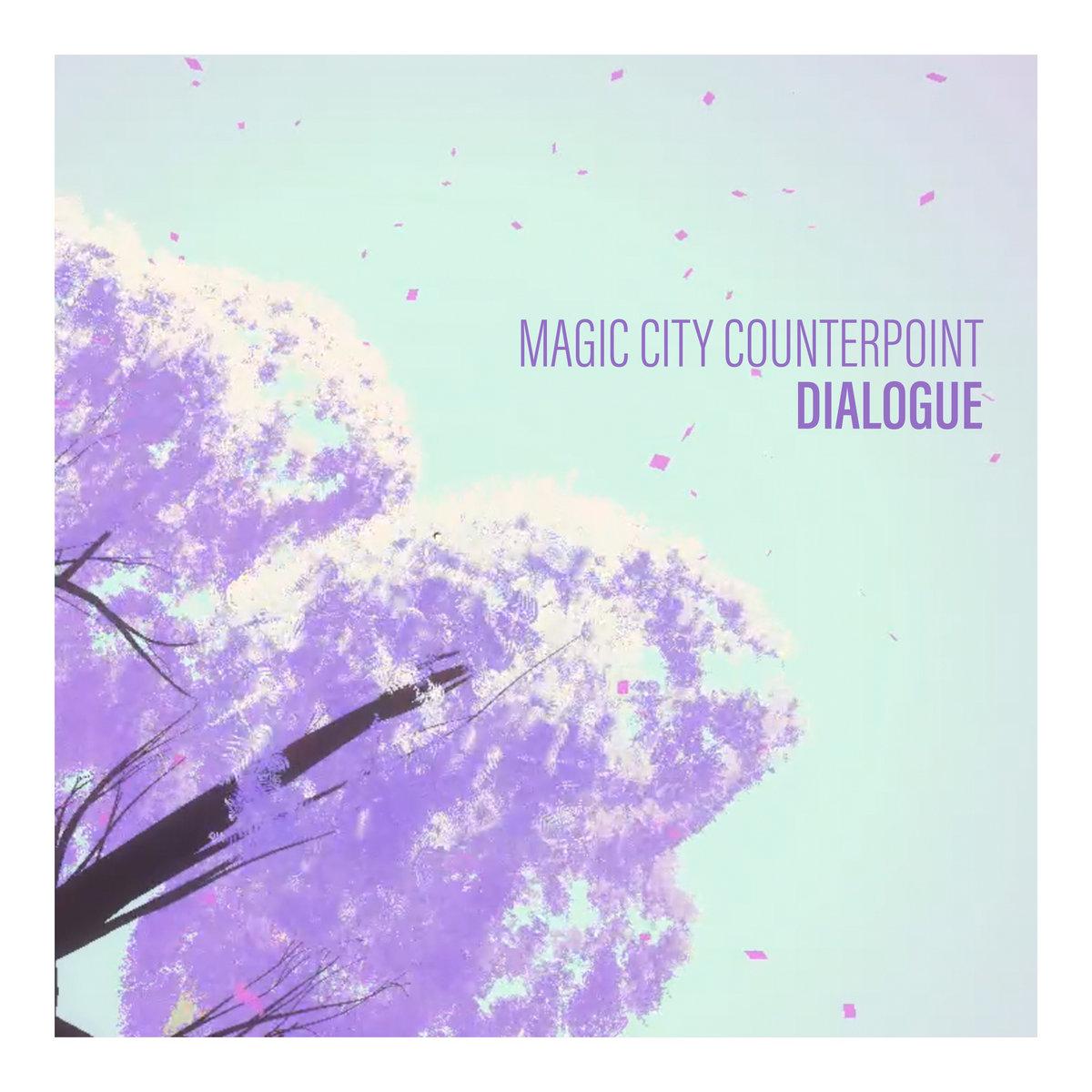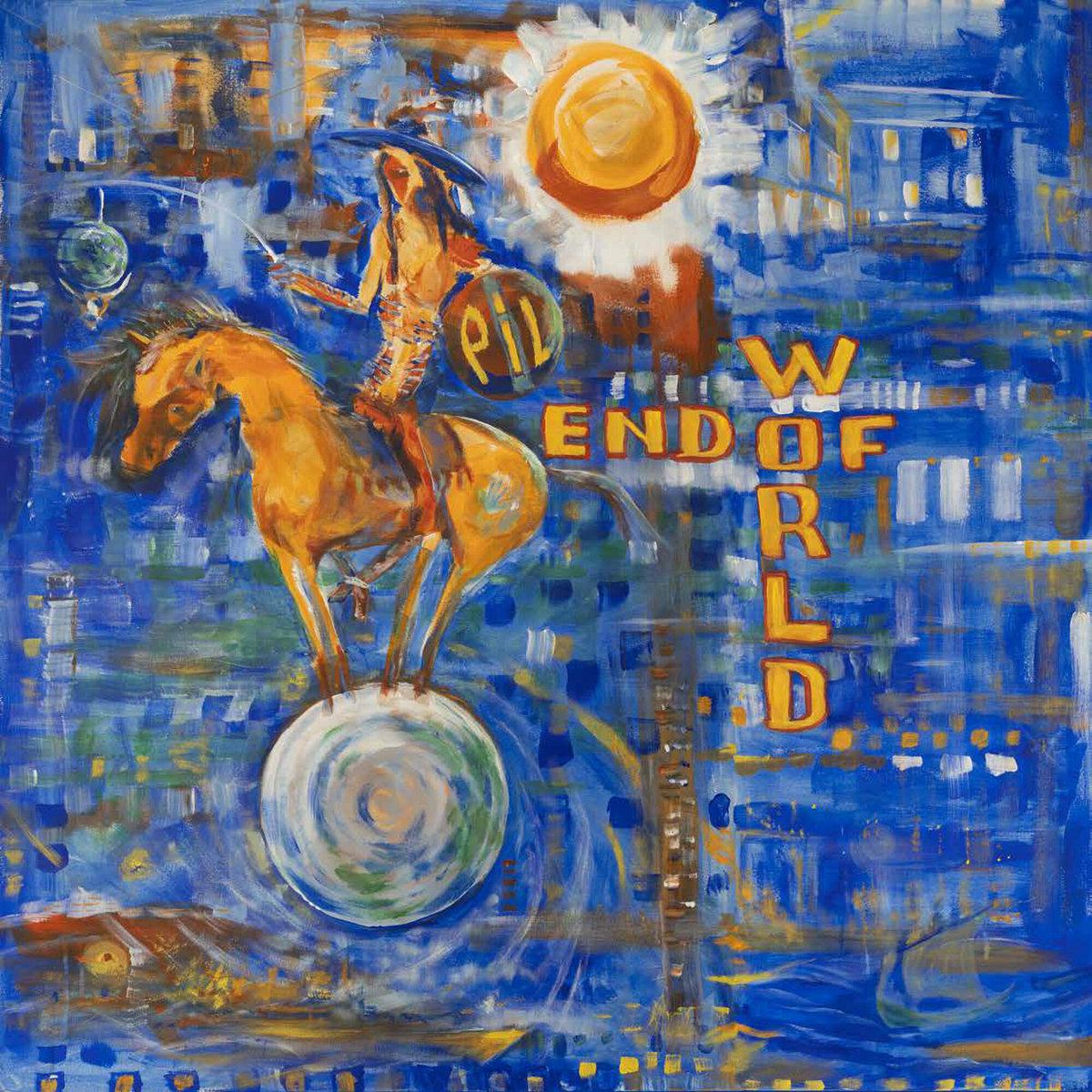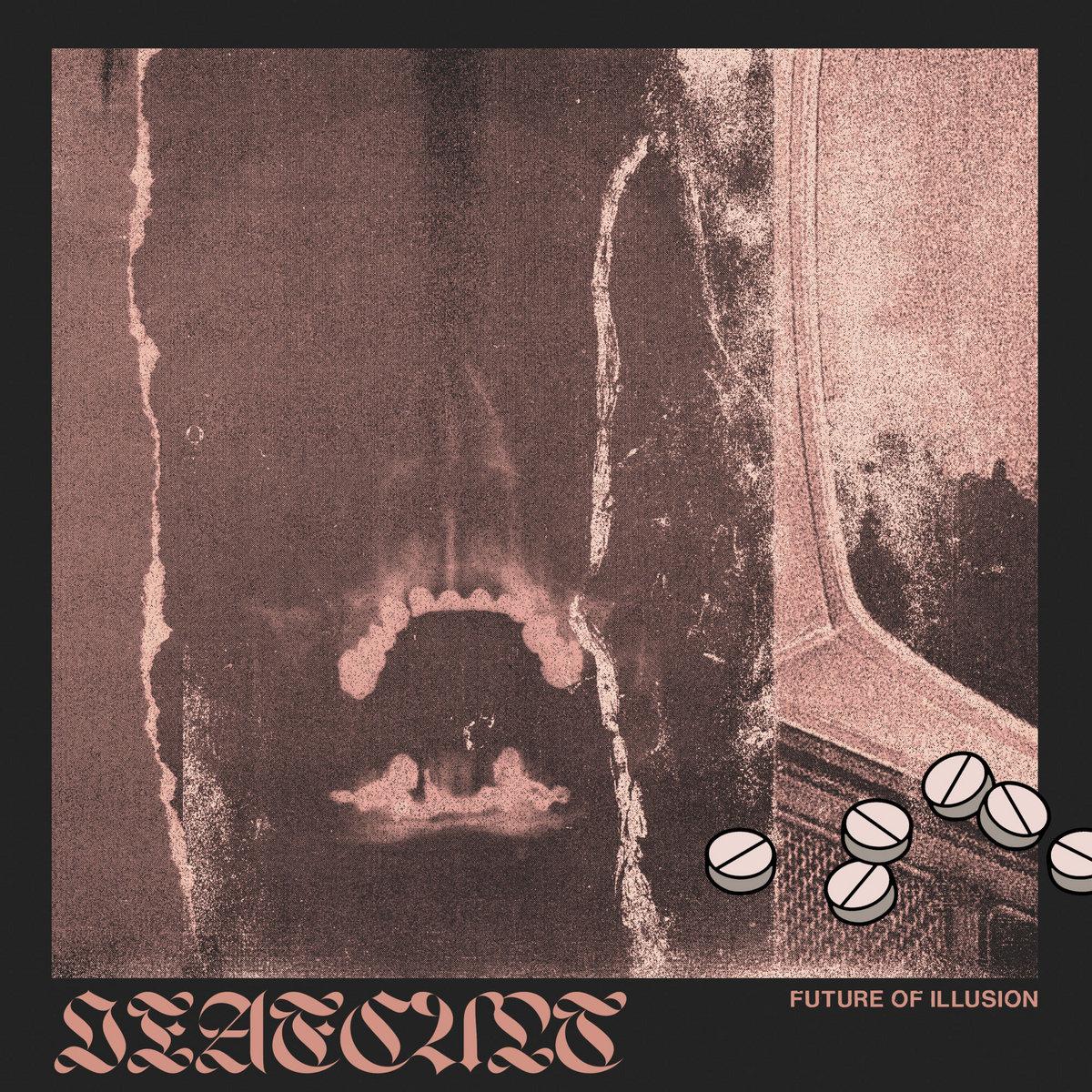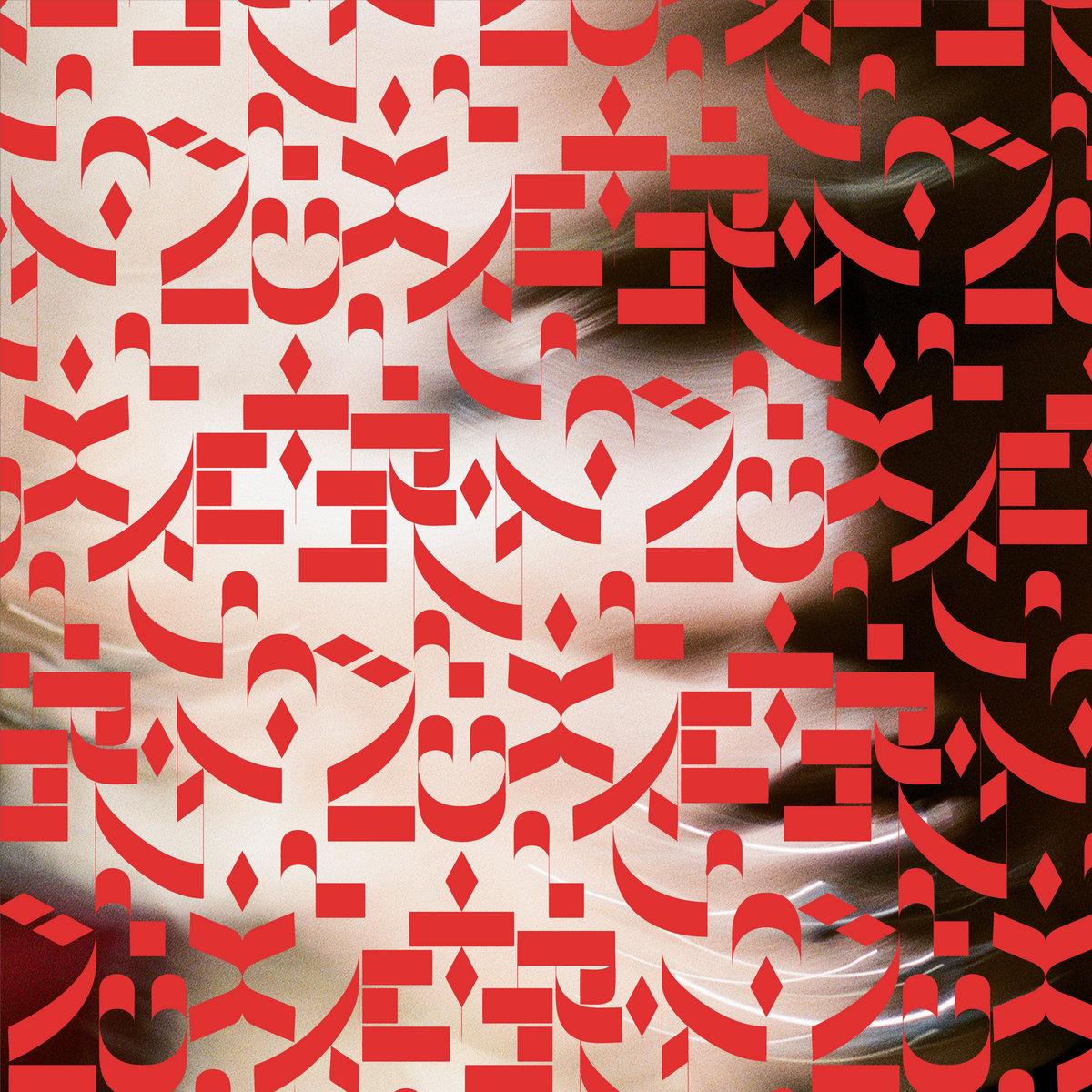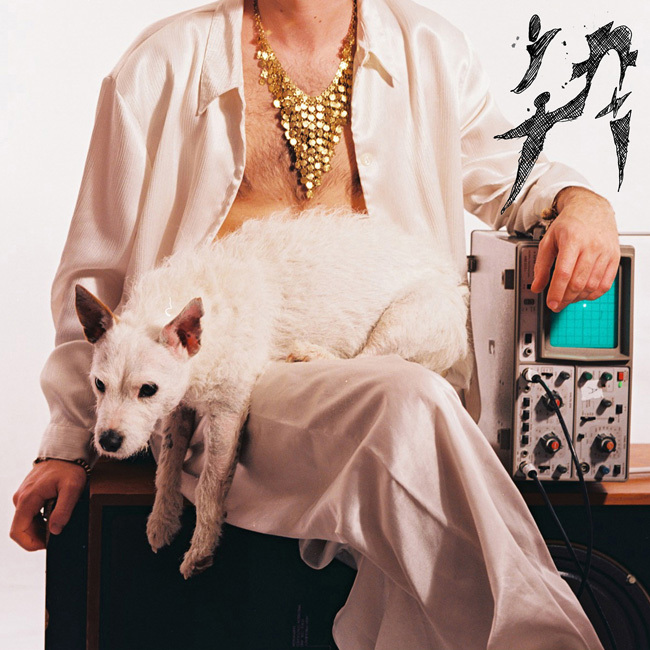
- In the video for lead single Oino, Sam Dust can be seen in the desert, dressed as some kind of cosmic pimp, throwing shapes on his Strat, doing commando rolls, and hanging upside down. That tells you pretty much everything you need to know about Inji, his debut album as LA Priest. The album’s already getting a slightly nothing wrap as a lukewarm, forgettable experiment by an artist whose old band (Late Of The Pier) we’re apparently just supposed to wish never broke up. For me though, this is as comprehensive a self-reinvention as you could hope for.
I’d go so far as to call Inji a post-futuristic space jam symphony. It’s formatted like a present-day version of Another Green World, reimagined by Prince – gigantic pop gems sandwich these weird synthesis experiments and instrumentals, and somehow, everything works. Rest assured, this is most definitely the work of a pop songwriter trying very hard to find the weirdness within him. Dust did stints Greenland, the US, and Scandinavia, recording electromagnetic interference and various other things, before settling down in rural Wales, where he spent time building synths and being a total dude. In many ways, the album reflects this whirlwind kind of time; there’s no focal point to anything, there’s no definitive “yep, this is it, this is what I’m going for.” And in this case, it’s really not such a bad thing.
Occasion sets the pace for the record as best as it can. I’ll have to bring up the Another Green World comparison again because it’s a very similar opening; the bass and drums start dueling shyly, and then these odd little synth textures snake on into the frame behind them. It’s a chunky, slow ballad with a very confused and disheartened narrator. Then we’re canoeing through a tropical canal of jamming good times on the slick, greasy vibes of Lady’s In Trouble With The Law, which has the right level of weirdness, but is, on a basic level, just a great pop song. The swirling mechanical textures of the pleasantly titled Gene Washes With New Arm then wash over you, and then Oino well and truly does its slowed-down but somehow sped-up micro house psych-funk thing.
The thing second-most likely to be talked about from the album, after its jarringly weird backstory, is its centerpiece, Party Zute / Learning To Love. It kind of defies description really. It’s just one of the nicest songs of the year. By a certain point, when the groove changes for what seems like the thirty-eighth time, you start feeling like it’s going to go on forever. But you also start not really minding. Even if the rest of the record doesn’t tickle your pickle, just pay at least one listen to this track and try not to feel as though the phrase “everything has been done before” is completely irrelevant.
The second side of the record consists of more dusty, bugged-out instrumentalism (Fabby), beatific alien breakbeats (Lorry Park), more spooky bass-oriented stuff (A Good Sign), and another highlight, Night Train, which sounds like a dystopian version of Iggy Pop’s Nightclubbing, set in Tokyo. Album closer Mountain is a gorgeous AM-pop hybrid, with clarinets. What more could you even want?
All too often, you hear high-profile artists trying to go out “there” and make really experimental stuff, but you end up just sick of it by track four and wishing that they’d just cared a little less and gone a bit further with it. I’m sure many people will feel that way about Inji, but I’m not, because it’s pretty clear that Dust did actually try everything here. It’s the work of a truly cosmic pimp.
– Joe Saxby.

